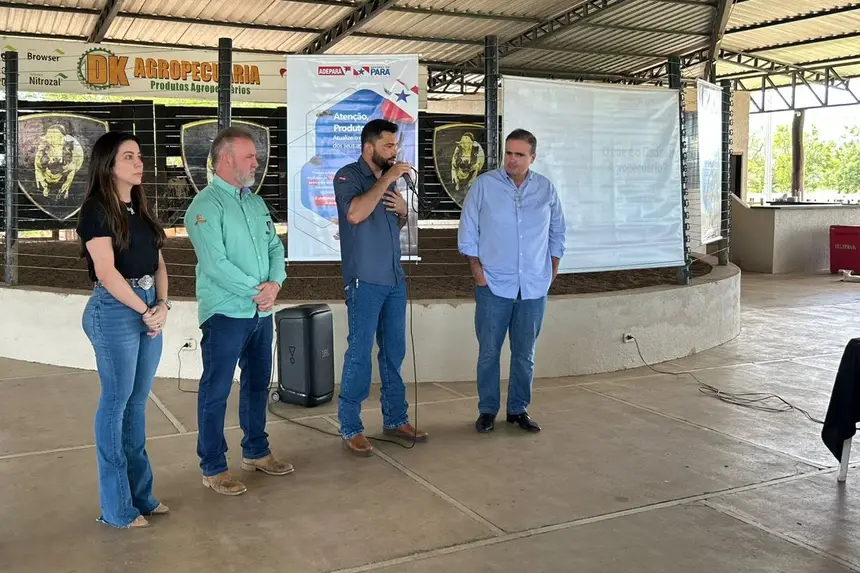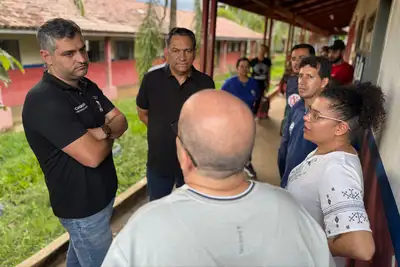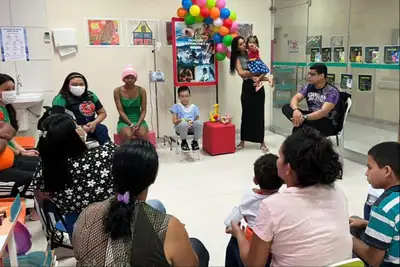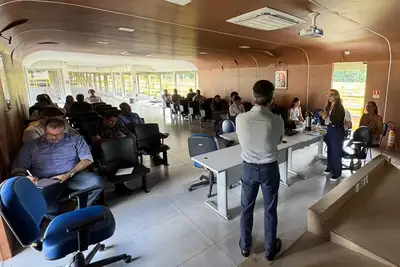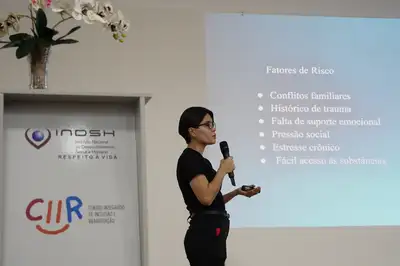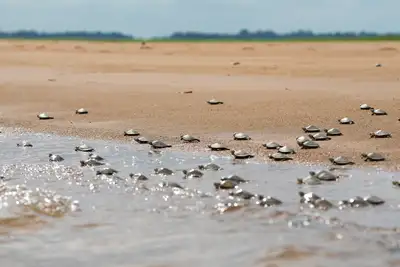In Rio Maria, Adepará starts the campaign to update animal registration
From May 15 to June 13, rural producers need to go to the Defense Agency of their municipality and declare all species present on the property
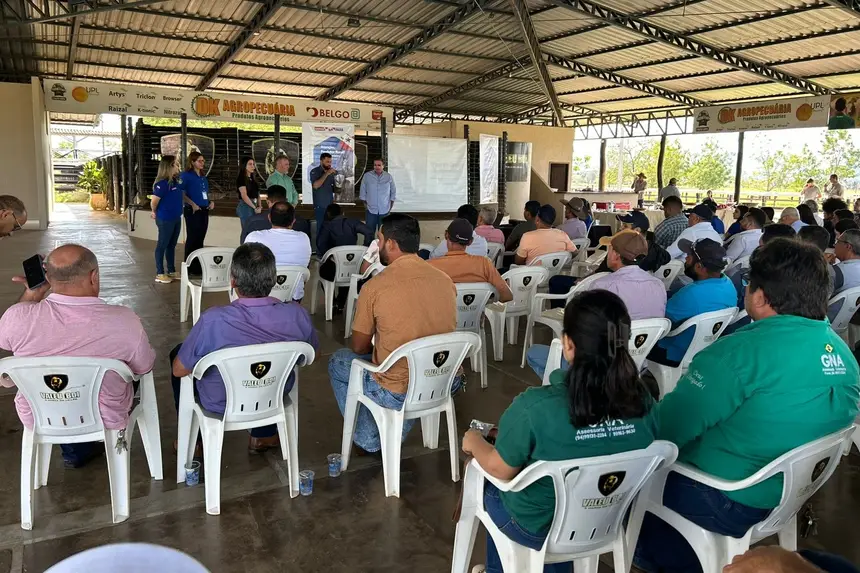
The Agricultural Defense Agency of the State of Pará (Adepará) started this Thursday, the 15th, at the Valeu O Boi Auction Space in Rio Maria, the campaign to update the registration of animals existing on rural properties.
The meeting included a program of three panels. The first on agricultural registration, how it will be done; the second panel with the theme "One year of foot-and-mouth disease-free status without vaccination"; and the third presenting the Individual Bovine Traceability System of Pará - SRBIPA, developed by the Defense Agency.
The registration is the basis for agricultural defense actions, with the recognition of a foot-and-mouth disease-free area without vaccination. Adepará has started the process of replacing the vaccine with surveillance based on risk factors. "The registration contains information about the property, the livestock operation, which includes all species being raised on farms, sites, and ranches. To carry out an emergency sanitary action, the defense agency needs to know its territory and herd. This is the opportunity for the producer to make this update," said the Registration and Traceability Manager, veterinarian and state agricultural inspector of Adepará, Bárbara Lopes.
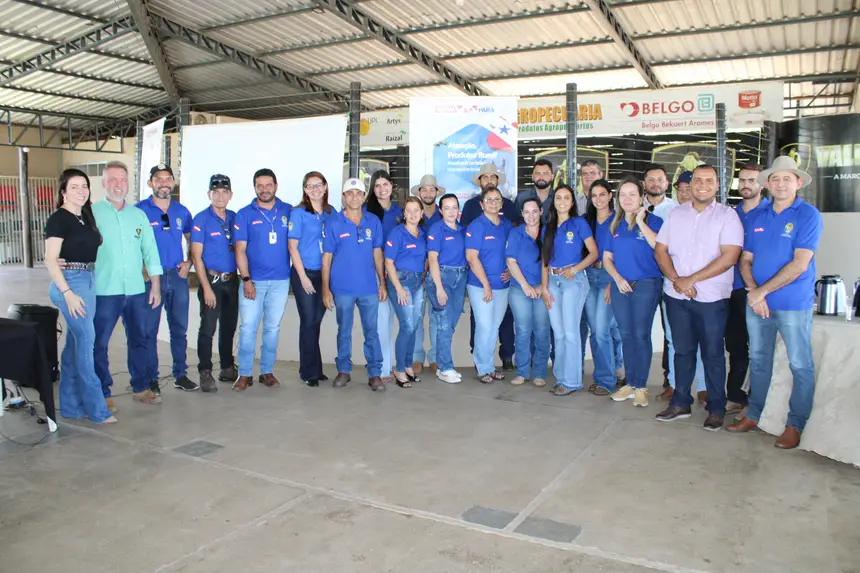
“With the withdrawal of the vaccine against foot-and-mouth disease, we producers ended up becoming complacent, I wouldn't say all, but a large part, yes. This registration update will remind us of the need to go to Adepará to update our herd, and it also reminds us to take preventive measures. It is always vigilant with the health of the animals, with all our vaccination history and the care that an animal needs,” commented rural producer Adriane Rezende Remor.
Foot-and-mouth disease-free status without vaccination - The withdrawal of the vaccine against foot-and-mouth disease imposes a more sustainable production model. With the end of immunization, producers need to be more attentive to the health of the animals and report to Adepará any suspicion of symptoms suggestive of vesicular disease in animals, such as fever, excessive salivation, sores in the mouth, difficulty eating, limping or walking with difficulty, and lesions on the legs.
“We have been conducting surveillance precisely to detect if there is any suspicion with symptoms; a clinical inspection of the feet and mouth is carried out. If no lesions are found, no symptoms, no animal drooling, no animal limping, no vesicles, nothing, we can prove that there is no disease in the herd of the State of Pará,” says veterinarian and manager of Surveillance for Foot-and-Mouth Disease, Vesicular Diseases, and Risk Analysis, Glaucy Carreira.
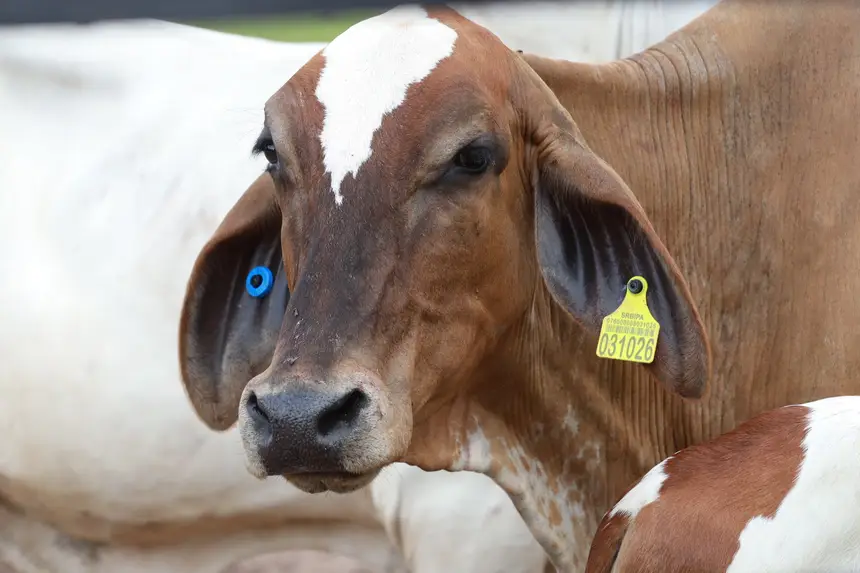
The meeting was attended by 200 producers for the launch of the campaign and had the support of the Rural Union of Rio Maria, Valeu O Boi Auction Space, Rural Union of Xinguara, and the city hall of Rio Maria.



